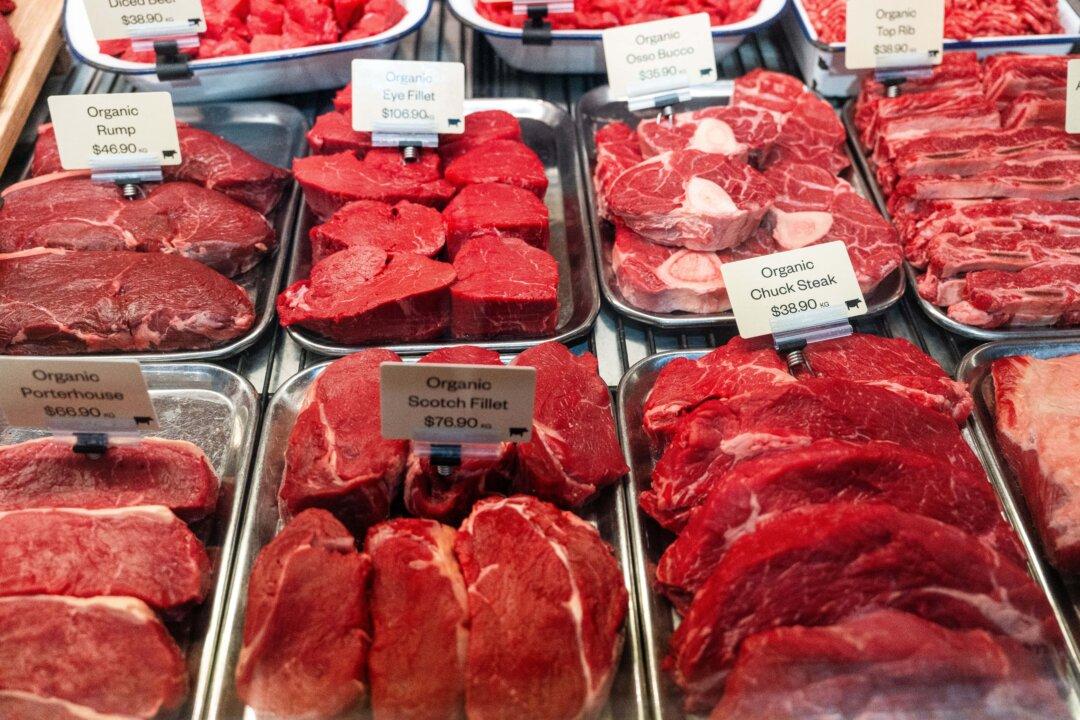Australian beef exports hit a new record in April amid the ongoing tariff war between the United States and China.
According to new data from Meat and Livestock Australia (MLA), a marketing and research service provider, the total volume of Australian beef exports in April 2025 was 127,172 tonnes.





